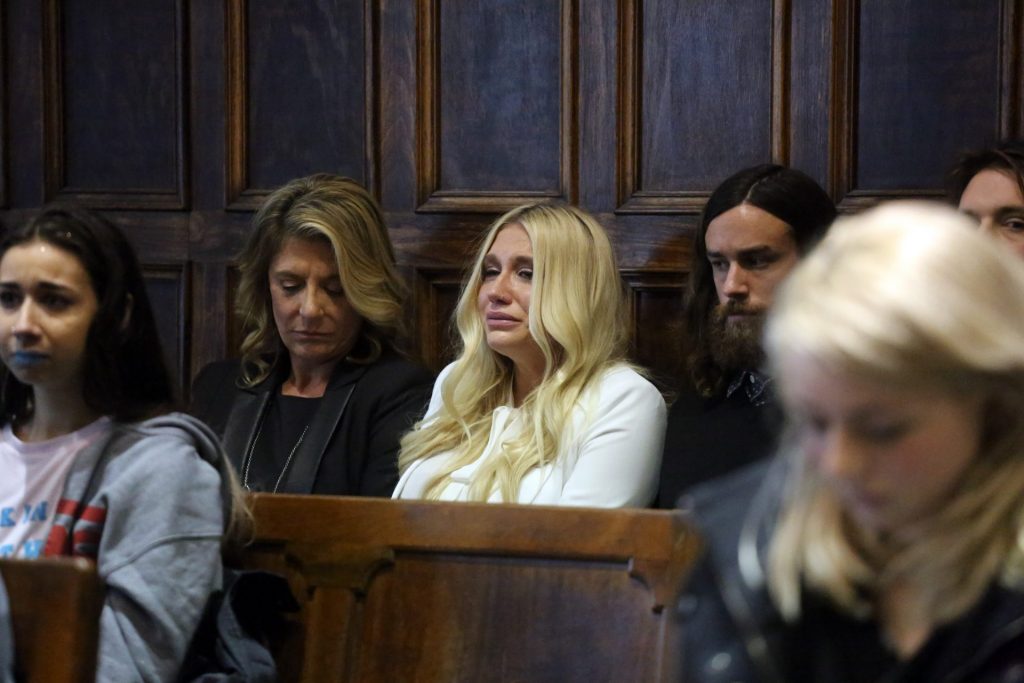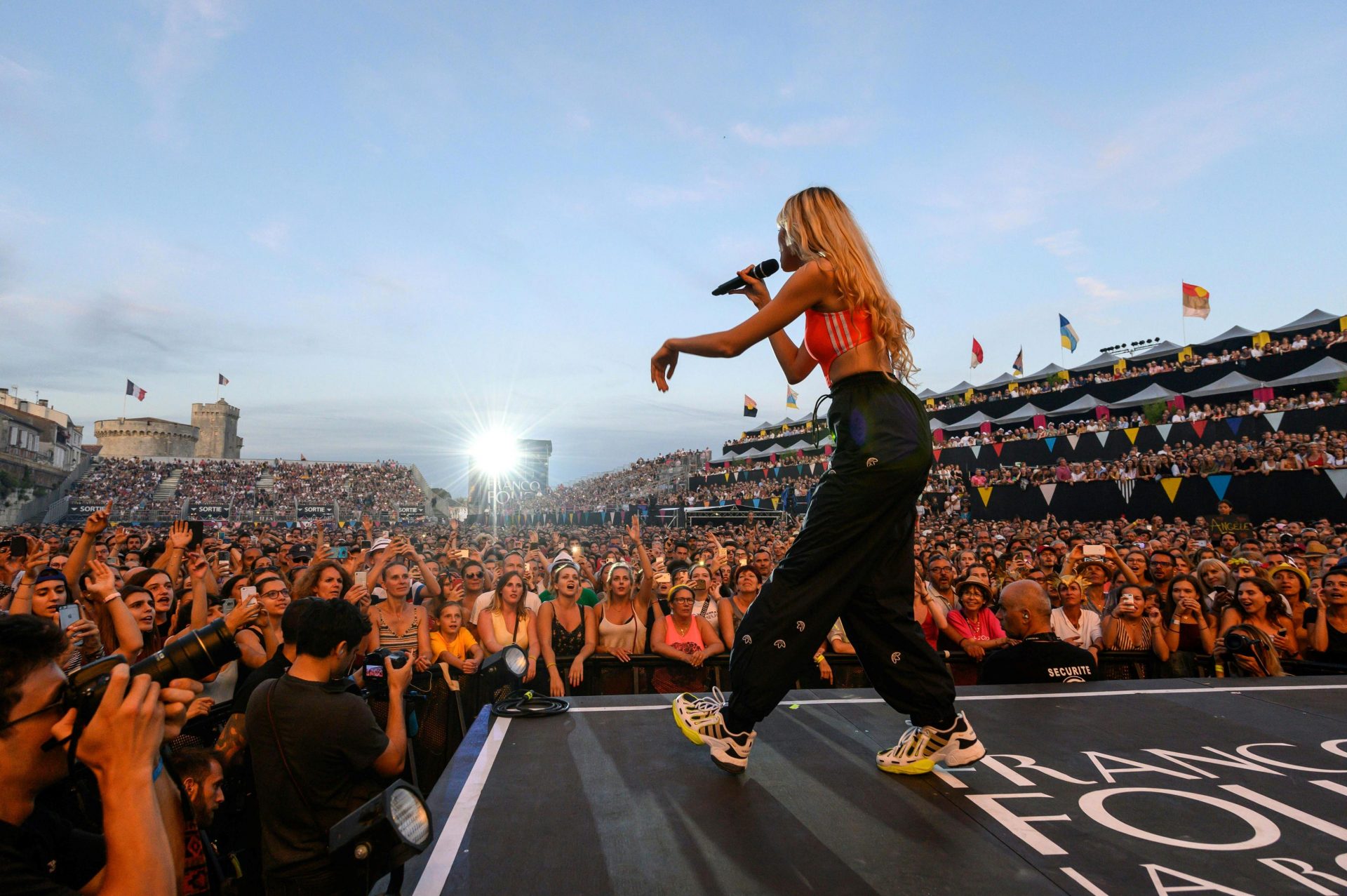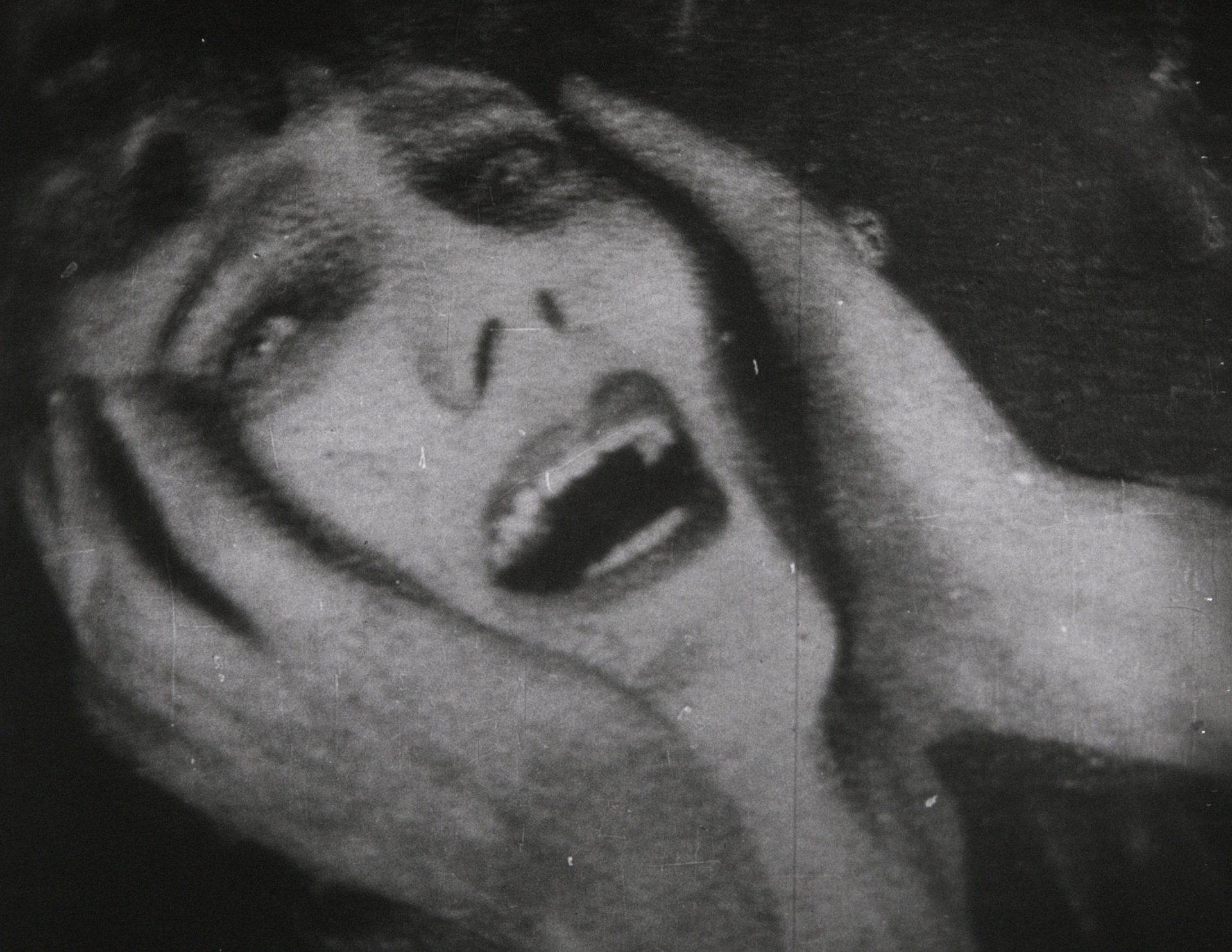Four years ago this month, shortly after the New York Times and the New Yorker published sexual assault allegations against Harvey Weinstein, actress Alyssa Milano typed into Twitter: “If you’ve been sexually harassed or assaulted write ‘me too’ as a reply to this tweet.” She hit send and went to bed. In the morning, she had 55,000 replies and had started a whole movement.
Meanwhile, in France, a rather lower-profile figure, journalist Sandra Muller, launched a similar movement with a phrase destined to become both a slogan shouted in angry protest on the boulevards of Paris and the basis of a chart hit – one of a torrent of #MeToo anthems, ranging from the whimsical to the searingly angry, that have emerged over the past four years. Milano reserved her right not to name the actor approaching 20 years her senior who assaulted her even as the cameras rolled during an on-set sex scene, but Muller’s crusade was all about urging women not just to “libérez la parole” (speak out) about harassment and assault, but to actually name names. She tweeted that a French TV executive, Éric Brion, had sexually harassed her, suffixing her tweet with the hashtag “#BalanceTonPorc” (‘squeal on your pig’), punning on the common street harassment catcall ‘Balance ton corps’ (‘swing your body’).
A year after Muller’s galvanising tweet, that brilliantly confrontational phrase was the inspiration for 23-year-old Belgian singer-songwriter Angèle’s Balance ton quoi (‘Denounce your what’), a song as lyrically uncompromising as the slogan itself. With a chorus that stated plainly “Donc laisse-moi te chanter/ D’aller te faire en… hmm” (‘So let me sing to you/ To go… [fk] yourself’), it became the passionate anthem of the protests for improved anti-domestic violence laws that took place across France in November 2019.
Balance ton quoi was typical of Angèle, an artist who takes the characteristic innocence of the yé-yé singers of the 1960s and weaponises it into a devastating frankness that is all the more powerful for its humour.
She has become one of the voices of her young generation, her singles La Loi de Murphy (‘Murphy’s Law’) (2017), La thune (‘Dough’) (2018) and Tout oublier (‘Forget everything’) (2018), the last of those topping the Belgian and French charts, all speaking to millennial ennui.
Angèle’s witty #BalanceTonPorc anthem was inspired by an incident on the Metro when a man verbally harassed her, and it accordingly attacked men who “parlent tous comme des animaux” (“all speak like animals”), while the misogynistic lyrics of rap music were also targeted, noting “il marche mieux quand il est sale” (‘it goes down better when it is dirty’).
The typically clever video opened with a sweet-faced Angèle clad in ruffles and stroking a kitten before the camera pulls back to show “Go fk yourself ” spelled out on her skirt, while later scenes show men at an ‘anti-sexism academy’ struggling comically with the concept ‘no means no’ and racing in fake breasts as women jeer at them from the sidelines.
In the hands of Angèle, a deep controversy was dealt with by using surreal humour and became a chart hit. But it is a controversy that has long bubbled under in France.
Dominant attitudes about relations between the sexes were reflected in the Le Monde open letter signed by Catherine Deneuve, among others, which attacked the #BalanceTonPorc movement and evoked exactly the ‘right to flirt’ Éric Brion’s lawyer had pointed to when he later successfully sued Muller for defamation (that verdict was overturned earlier this year).
France also has long had one of the highest rates of domestic violence-related murders in western Europe. The killing of actress Marie Trintignant by Bertrand Cantat, frontman of the band Noir Désir, who served only four years for her murder, brought the issue of violence against women right to the doorstep of the French music industry in 2003.
Just before the Weinstein scandal broke, music weekly Les Inrockuptibles made Cantat the subject of a sympathetic cover story. There was an outcry, with France’s gender equality minister Marlène Schiappa tweeting “Must we endure the promotion of the man who murdered Marie Trintignant with his fists?” The magazine stood by its actions. And although on the other side of the Atlantic #MeToo was focussed on Hollywood, the American music industry’s internal problems with harassment and sexual assault pre-dating the Weinstein case also came to light.

In 2014, American singer Kesha sued producer Dr. Luke over allegations of sexual assault in a famously tortuous round of still ongoing legal battles, and her piano ballad Praying (2017) later marked a personal resolution: “Oh, but after everything you’ve done/ I can thank you for how strong I have become”.
The same year Lady Gaga spoke about her rape by a music producer when she was 19. Her Til It Happens to You later appeared in the documentary about campus rape, The Hunting Ground (2015).
Six months before #MeToo exploded, Canadian R n B artist Jessie Reyez released the visceral Gatekeeper (2017), her account of harassment by record producer Noel ‘Detail’ Fisher. He was charged with five counts of rape last year, and denies the allegations.
But after the revelations of October 2017 several artists wrote in direct response to #MeToo. The perennially provocative Amanda Palmer teamed up with Welsh songwriter Jasmine Power to make the soaring Mr. Weinstein Will See You Now (2018). With Kate Bush levels of drama, it was an act of activism rather than a music industry product – the project was crowdfunded and the track’s proceeds went to the Time’s Up charity for victims of workplace harassment. The by turns sumptuous and disturbing video, featuring legions of white-shirted and then naked women, was directed by choreographer Noémie Lafrance and made the project a fully formed artwork.
That Sandra Muller’s claims had centred on a TV executive was not an outlier as much of Europe as well as Australia saw a wave of allegations against figures in the television industry, and more than one Australian musician responded to the crisis in song. The same month allegations broke about veteran TV presenter Don Burke, Stella Donnelly’s fragile, ironic Boys Will Be Boys (2017) was released, while Courtney Barnett’s grungey Nameless, Faceless (2018) of a couple of months later focussed on the threat of violence women feel, quoting Margaret Atwood: “Men are scared that women will laugh at them/ Women are scared that men will kill them.”
The anger seen in France in 2019 was echoed here in the UK in the wake of the murder of Sarah Everard in March 2021, sparking a particularly stark response from one young singer-songwriter. Josie Proto was just 19 when her song BTEC Lily Allen – a swipe at online critics – went viral on TikTok last year. Her I Just Wanna Walk Home (2021) takes the same sonically stripped-down approach but with a far angrier tone.
Lyrically echoing Courtney Barnett, the song lists the steps women take to ensure their personal safety, from telling “a joke to the bouncer so that he’d remember me leave” to holding “keys in my knuckles” – the single’s cover art is a clenched fist with a bunch of keys forming an improvised knuckle duster. Female songwriters have been writing about sexual assault and violence for years. In the 1990s, Tori Amos and Fiona Apple wrote of their own rapes, while Natalie Imbruglia made her indie-pop song Torn, originally recorded by Danish singer Lis Sørensen as Brændt (‘Burned’) (1993) and widely interpreted as being about rape, a global hit in 1997. But #MeToo has opened the floodgates and in music, the sheer anger and desire for justice has been most powerfully expressed.
Now the names of Sabina Nessa and Sarah Everard have brought the movement here to its most urgent point, Josie Proto’s challenge to her listeners resonates more than ever: “You OK with where we are?/ ‘Cause I see nothing changing/ It’s beyond frustrating/ I just wanna walk home.”




